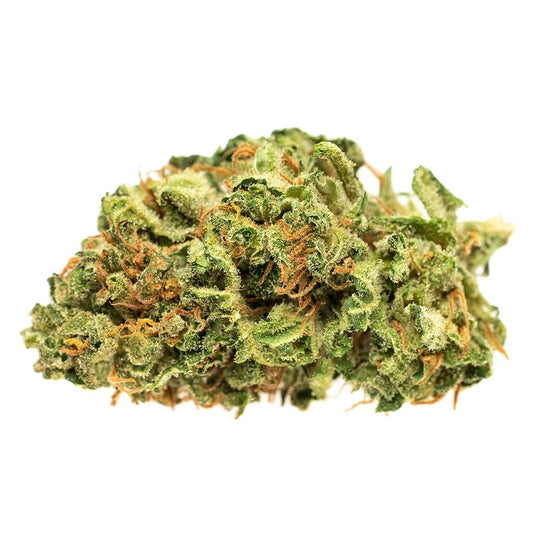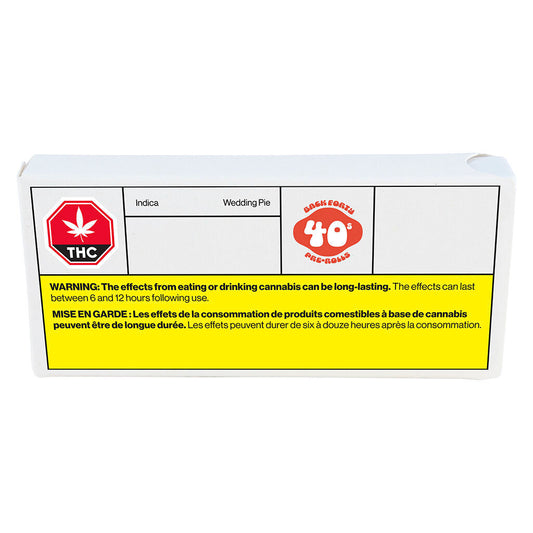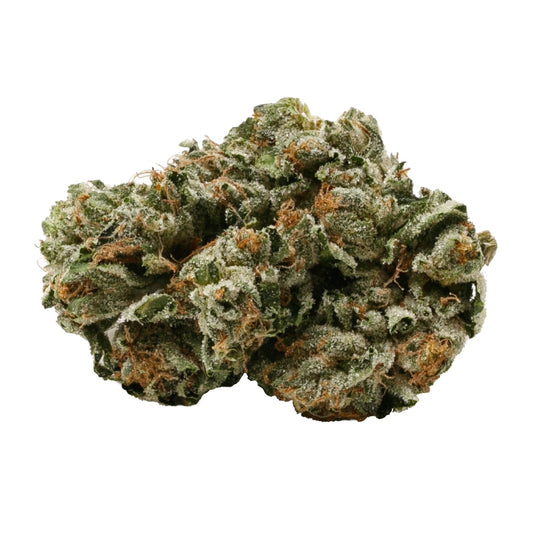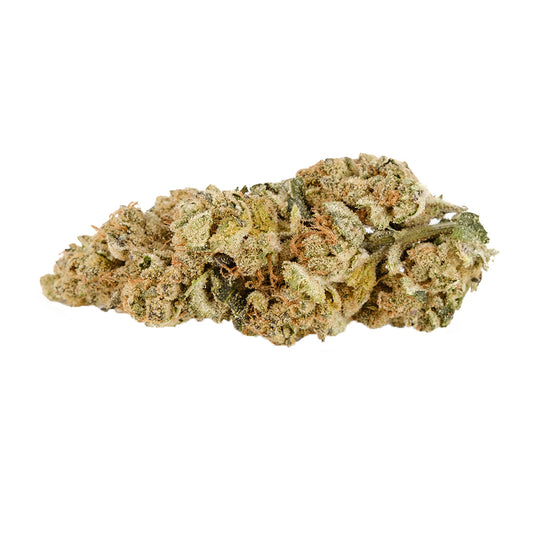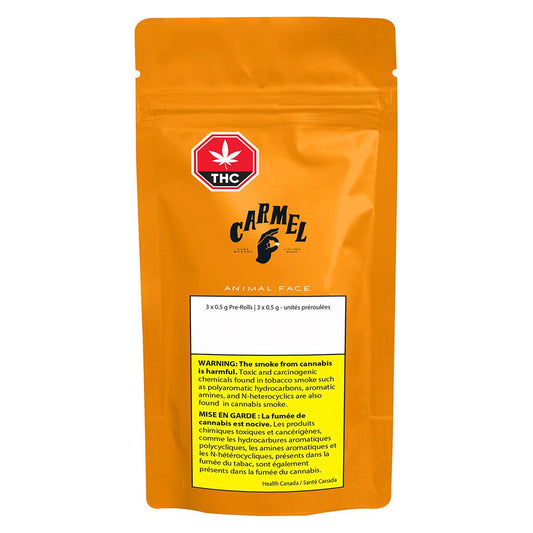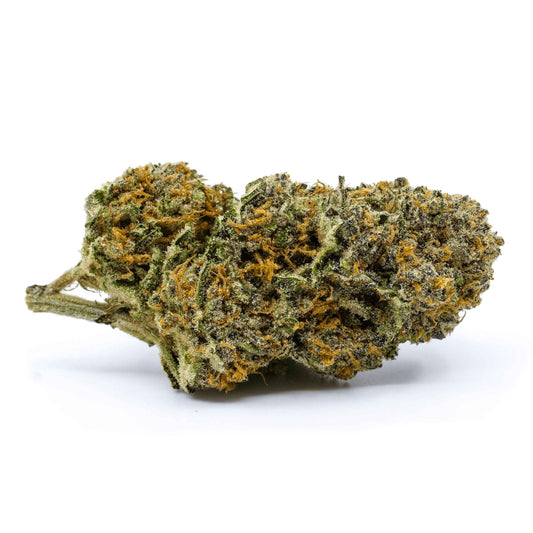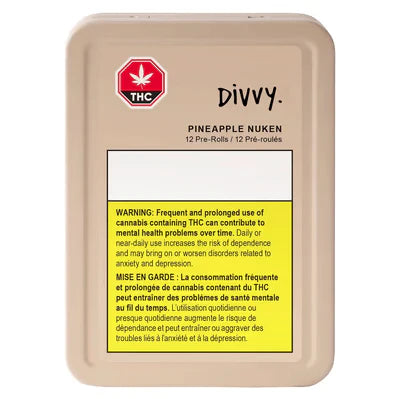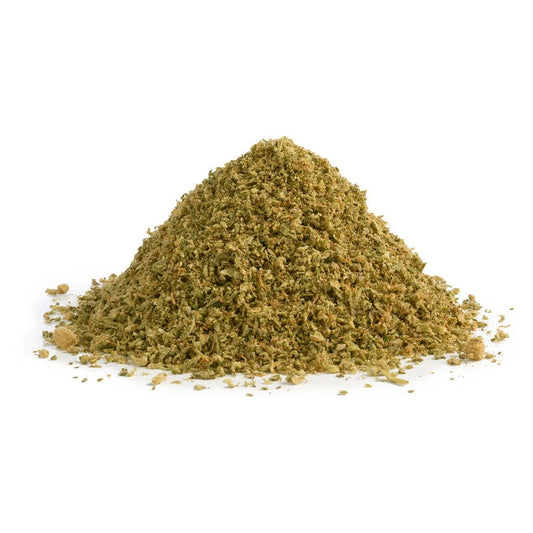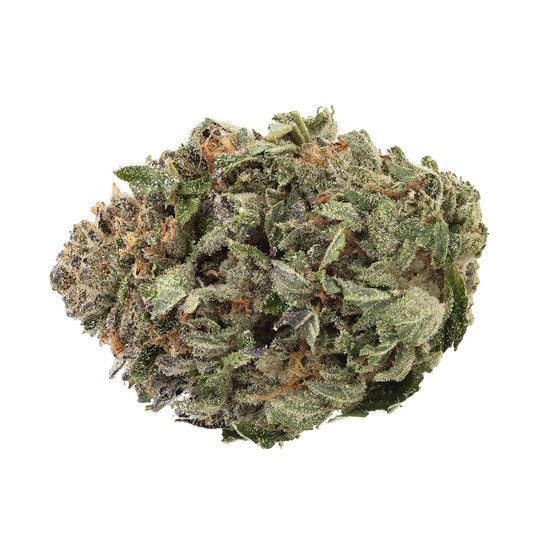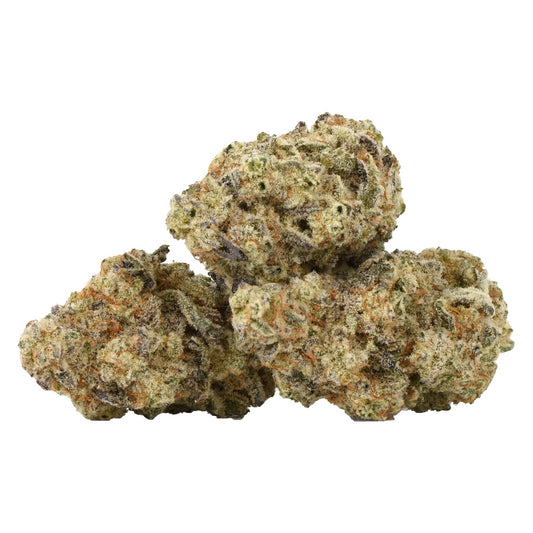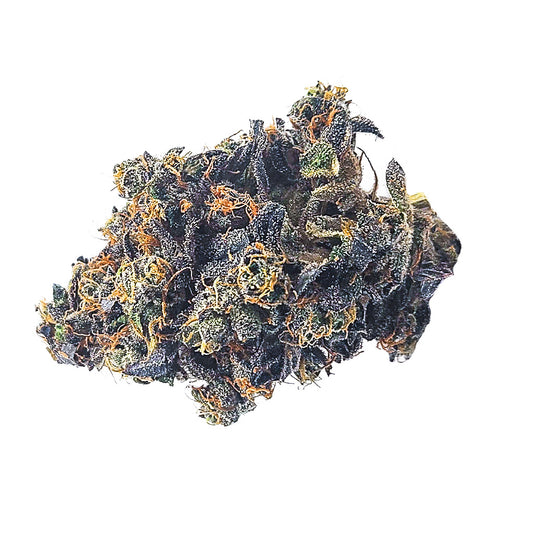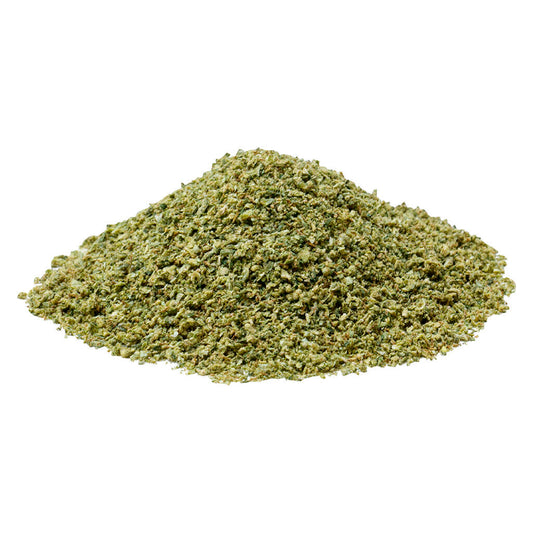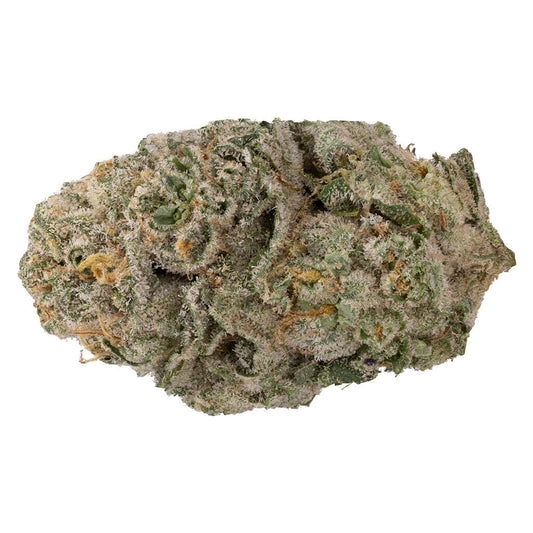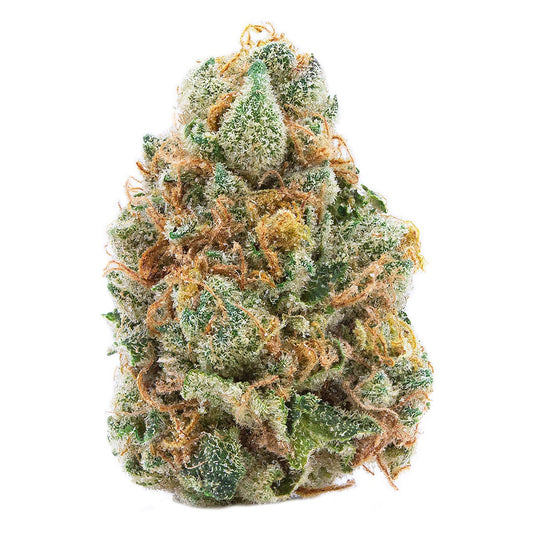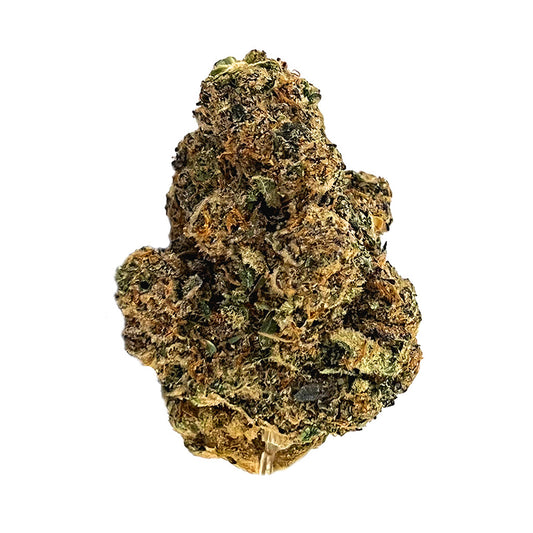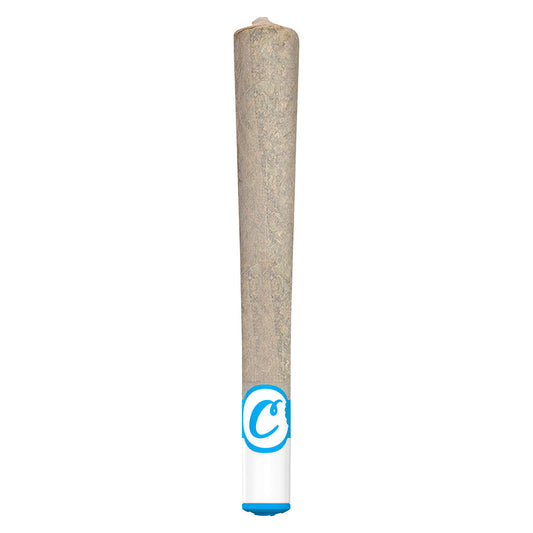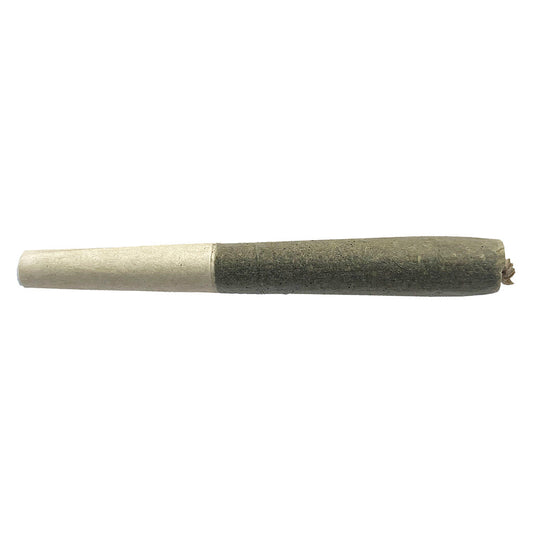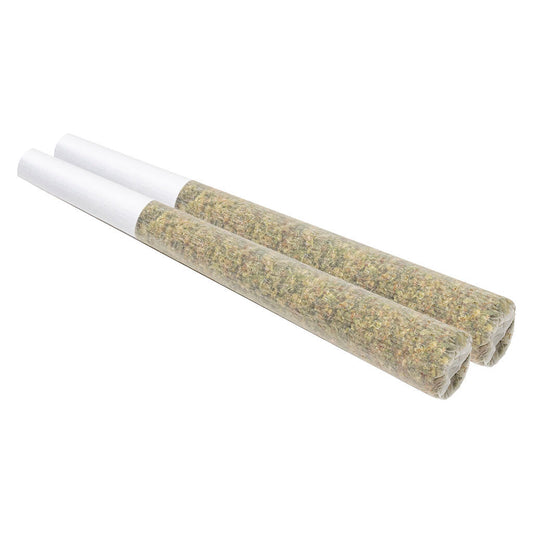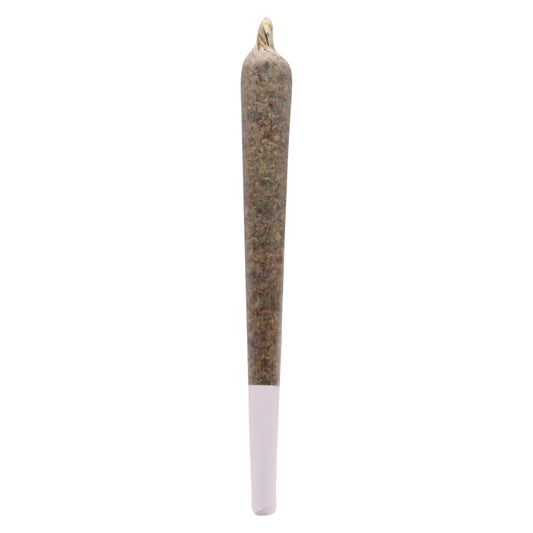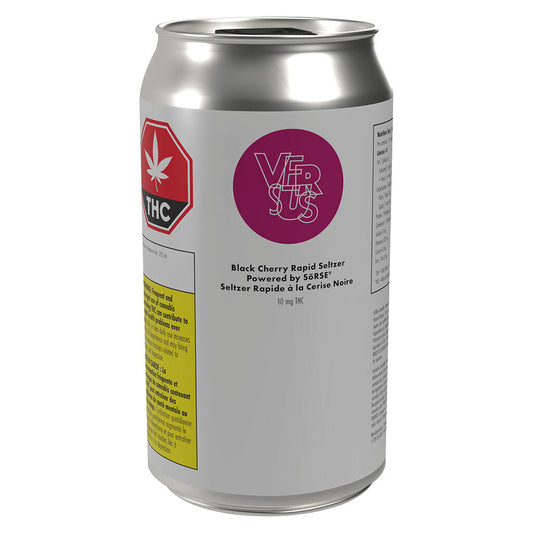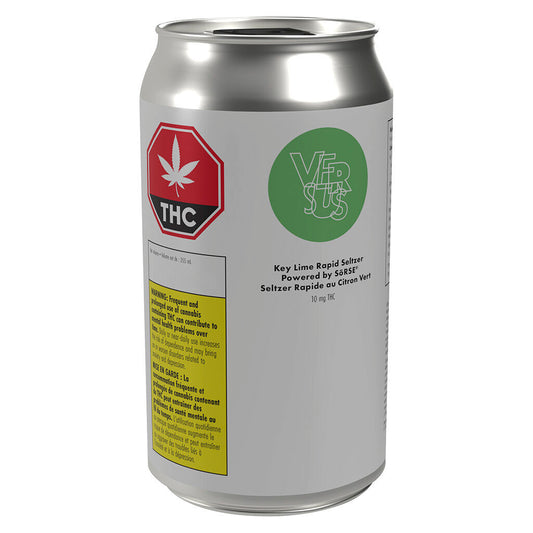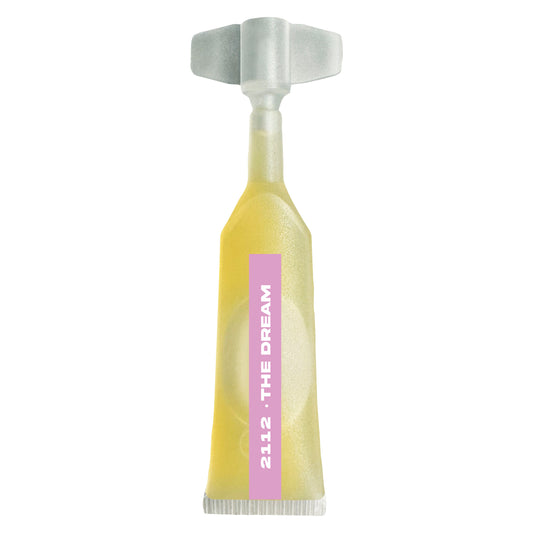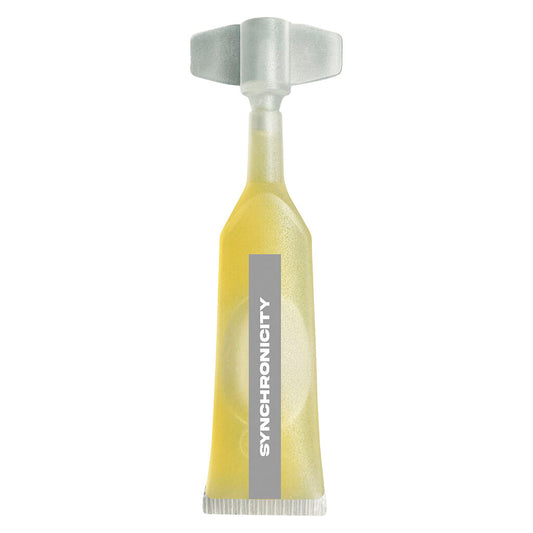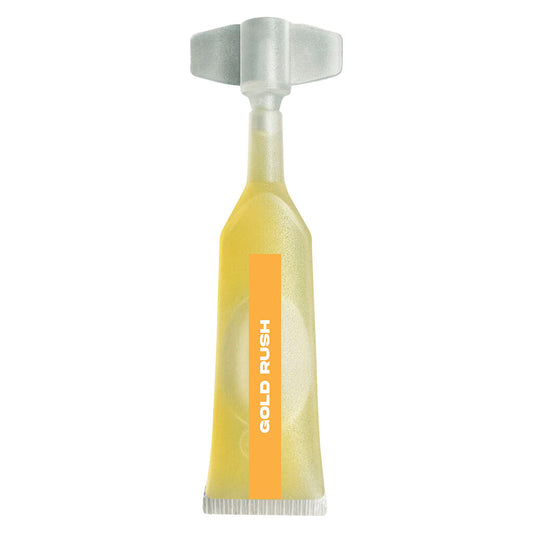During the global COVID-19 pandemic, a surprising twist emerged from the world of research, a twist that involves the plant we all know and love: cannabis.
A recent study show that cannabis users experienced better outcomes and reduced mortality rates when faced with the notorious virus compared to their non-using counterparts. In this intriguing journey, we delve into the uncharted territory where cannabis and COVID-19 intersect, exploring a groundbreaking study that challenges many common preconceived notions.
So, what does this mean for our understanding of COVID-19 and its relationship with cannabis? To conduct this unique study, researchers meticulously analyzed data from the National Inpatient Sample, a U.S. government database that tracks hospital admissions and patient outcomes. With information on 322,214 patients from the ages of 18+, less than 1% identified themselves as cannabis users.
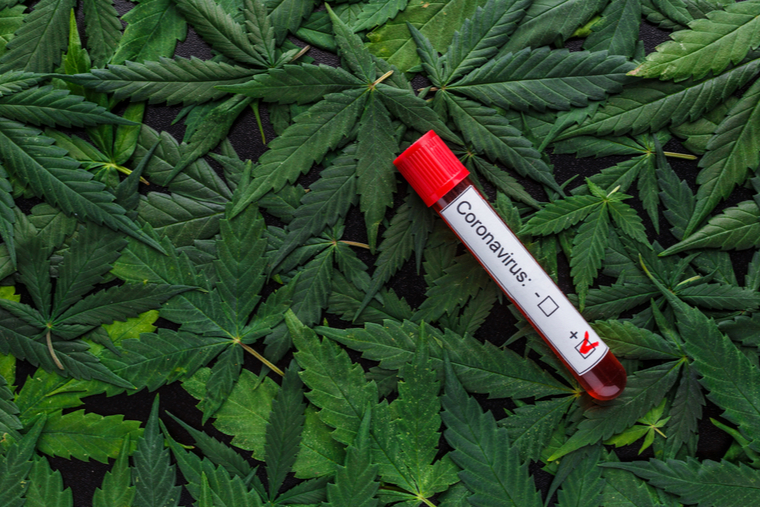
Researchers created two groups of patients based on cannabis use, ensuring the comparison was balanced by matching users to non-users based on age, race, gender, and various other underlying health conditions. Their findings noted that cannabis users showed significantly better outcomes. It is essential to highlight that cannabis users appeared to be younger and had a higher prevalence of tobacco use.
According to a recent study, cannabis users have reported much lower mortality rates of 2.9% compared to non-users who reported 13.5%.
Moreover, these users have demonstrated significantly lower rates of complications associated with COVID-19, such as acute respiratory failure, multiorgan failure, and intubation. These findings imply that cannabis could be a valuable tool in reducing the burden on healthcare systems and improving patients' overall quality of life during a pandemic. The study authors have suggested a compelling theory as to why cannabis users have better outcomes. They propose that marijuana may inhibit the entry of the SARS-CoV-2 virus that causes COVID-19 into human cells.
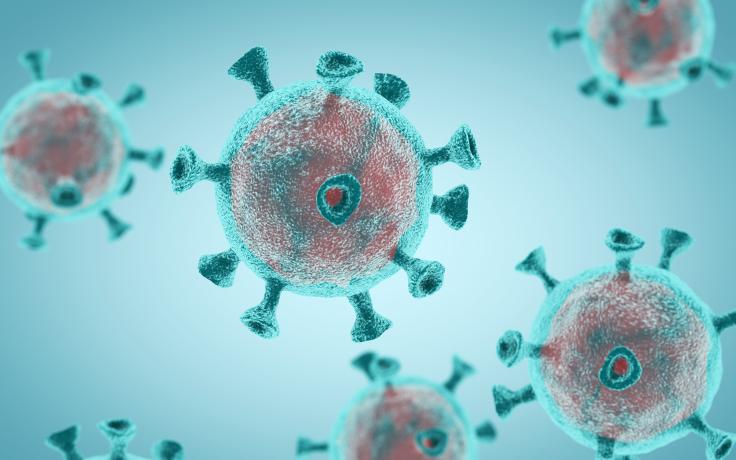
Furthermore, cannabis may potentially mitigate the release of proinflammatory cytokines, thereby alleviating the cytokine release syndrome, which is a severe condition associated with severe COVID-19. While these theories provide fascinating insights, it is essential to acknowledge that further research is needed to confirm these mechanisms and to establish a causal relationship between cannabis use and improved COVID-19 outcomes. As the pandemic evolves, researchers must conduct more extensive trials to better understand the relationship between marijuana and the virus. This could potentially lead to novel treatments or preventive measures, offering a glimmer of hope in these challenging times.
The recent study revealing the improved COVID-19 outcomes among cannabis users has opened up a captivating new avenue for research.
While the findings are remarkable, they are only the beginning of a larger conversation about the role of cannabis in managing the pandemic. As we continue to grapple with the evolving challenges of COVID-19, it is crucial to prioritize further research into this intriguing area. These findings offer hope, but additional investigations must substantiate them. As we strive to protect public health and develop effective strategies against COVID-19, understanding the potential benefits of cannabis is a crucial piece of the puzzle. With this new insight, the scientific community can continue to explore uncharted territory, potentially uncovering innovative solutions to one of the most significant global challenges of our time.
Sources:
https://www.forbes.com/sites/ajherrington/2023/10/13/study-finds-cannabis-users-had-better-covid-19-outcomes/?sh=664cb3f91eb1
https://jcannabisresearch.biomedcentral.com/articles/10.1186/s42238-022-00152-x


